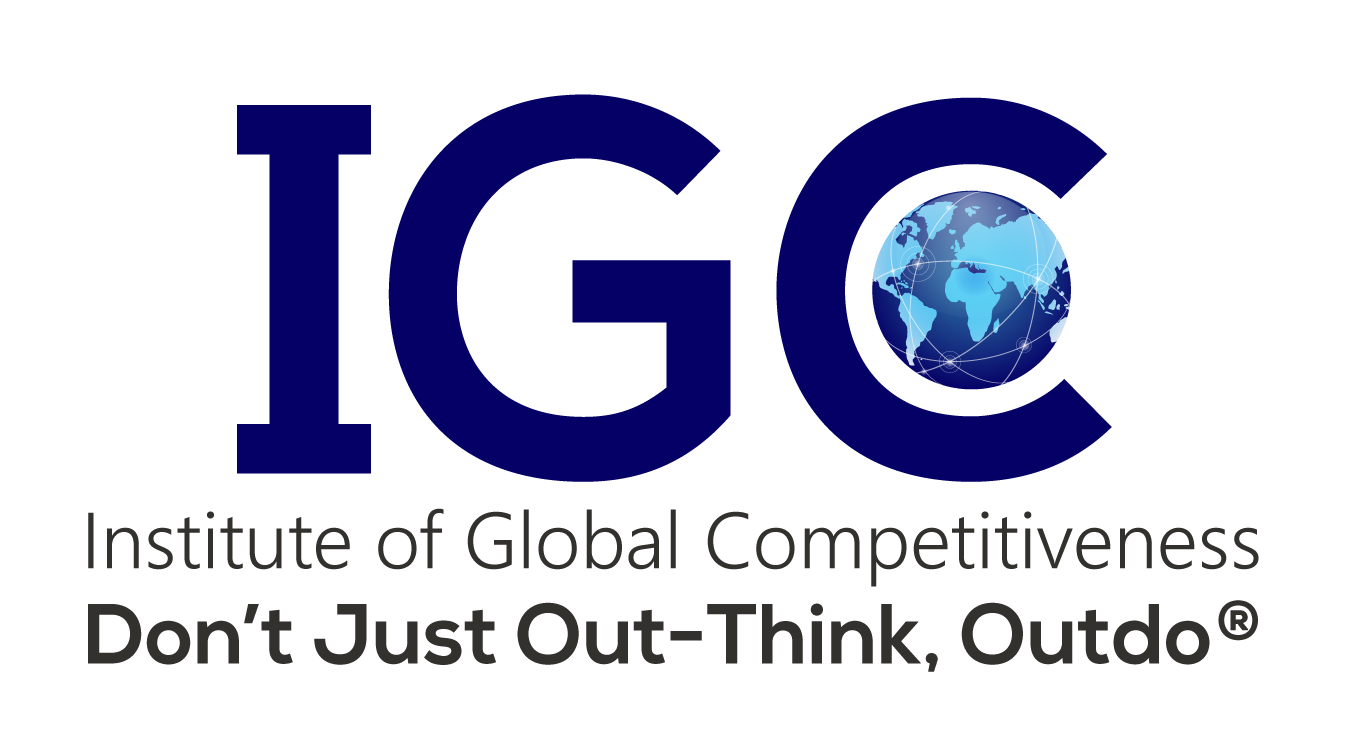


Michael Cherkasky is a driven but unassuming fellow from the Bronx, a onetime New York prosecutor who went after muggers, organized crime and white-collar criminals for nearly 20 years.
His latest tasks are trying to stop the bleeding at the world's largest insurance brokerage and rebuilding the trust of customers and employees.
Last month, Cherkasky, who was appointed CEO of Marsh & McLennan five months ago, negotiated an $850 million settlement-and-restitution agreement with New York Attorney General Eliot Spitzer over bid-rigging and related charges that it steered clients to preferred insurers in return for back-end payments. That led to the departure last October of former CEO Jeff Greenberg and most of his team.
Ironically, in the late 1980s veteran prosecutor Cherkasky taught Spitzer, then a young lawyer, how to run an investigation.
Cherkasky personally negotiated the 11th-hour details of the settlement with Spitzer. In the days before his ouster, former Marsh CEO Greenberg had refused to meet with Spitzer.
On Thursday, Marsh said its Putnam mutual fund company would pay more than $100 million to shareholders to settle charges growing out of portfolio manager self-dealing that also caused the ouster of the Boston-based investment company's head in 2003.
In recent days, Cherkasky has cut Marsh's dividend in half to conserve cash, announced a record fourth-quarter loss and presided over layoffs.
"The crisis management period is over," Cherkasky said in an interview this week in Minneapolis, where he came to rally more than 1,200 employees of Marsh and sister companies. "That's not to say that there might not be more people prosecuted. But they're out of the company now.
"We've asked our people to do tough things [to turn around Marsh]. This was not a listening company before. I'm here to listen to our people and to our clients."
Cherkasky is an unlikely fellow -- but perhaps the right guy -- to lead a salvage mission at what was a financial conglomerate with annual revenue of $11 billion. And it wasn't exactly the classic route to the top of the corporate ladder for a guy who left government service a decade ago so he and his family could afford to buy a house.
Despite being a millionaire, Cherkasky still rides the train to work and buys suits off the rack.
He makes it a point to tell the troops that he booked $30 million for the company by having sold the executive jet and closed the executive dining room. He is now eating with employees in the company's Manhattan cafeteria and flying coach.
"I've always flown on the back of the bus," he quipped.
Cherkasky, 55, was raised in a Bronx apartment, the son of a public hospital doctor. He left the New York district attorney's office in 1994 after his wife gave birth to their fourth child, having decided it was time to give up the two-bedroom apartment and $100,000 salary for a better job and house in the suburbs. Cherkasky joined Kroll Associates and headed its fast-growing inspections and monitoring services, primarily to ensure compliance with court orders.
Cherkasky eventually was promoted to CEO of Kroll and his income swelled to $2 million.
Last July, Marsh bought Kroll, and Cherkasky was named head of its consolidated risk consulting business, from which he was drafted for the top job.
"I've only planned my career about six months at a time," Cherkasky said. "If somebody had told me I'd be in this job a few years ago, I wouldn't have believed it."
Cherkasky gets passing grades so far from employees and other shareholders who have seen Marsh stock fall by a third since the scandal broke last fall. They're still trying to judge whether he is the guy who can rebuild the business.
"First you clean up the problems, and he seems to be the right guy for that job," said Jay Desai, a national management consultant and founder of the Institute of Global Competitiveness in North Carolina. "That takes about six months. Now, he's got a great chance to turn around a troubled company. That takes vision, foresight, courage and the speedy execution that leads to profits and renewed growth. That can be the hard part."
Cherkasky insisted that he's not just a cop brought in to clean up the mess but a seasoned executive implementing a more "transparent" business model for which clients will pay a premium.
The Marsh field force has hung on to most existing customers. The problem is recruiting new business. Cherkasky said that will come as potential clients become confident they're dealing with a clean, resource-rich company that can deliver.
Unlike the scandals that felled accounting/consulting titan Arthur Andersen in 2002, in which senior partners were found to be deep in the schemes at Enron, WorldCom and other failed companies, Marsh appears to have cut out the cancer and stopped the bleeding.
If Cherkasky can pull off this one, the former prosecutor who says his heart is still in public service will go down as a business hero who can afford to do anything he wants.
Neal St. Anthony can be reached at 612-673-7144 or
© 2005 Star Tribune. All rights reserved. feedback terms of use privacy policy member center company site company directory & contacts company jobs advertising information newspaper subscriptions & servicee Editionclassroom newspapers 425 Portland Av. S., Minneapolis, MN 55488

A little about...
Neal St. Anthony has been a reporter and columnist at the Star Tribune for more than 20 years. He writes about Twin Cities businesses, issues and business people three times weekly in the On Business column and other articles.